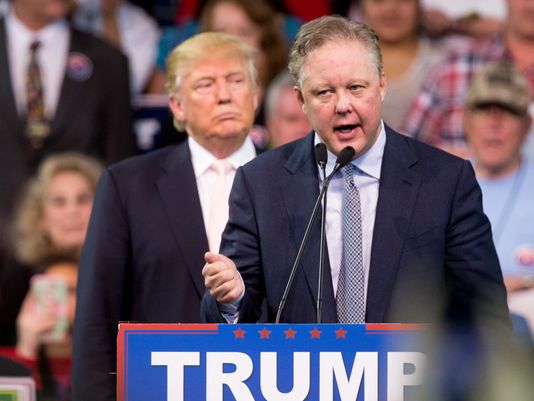Singapore Is Taxing Tesla Model S Customers for Carbon Emissions
 |
| This story illustrates exactly what Donald Trump has been saying – there are barriers to American products being brought into other countries while weak and spineless America let's everyone step all over it |
It sometimes seems everything is more of a challenge in Singapore. Even chewing gum is a crime. Now, barriers to importing and American Tesla Model S cars are arising in the Asian nation. One customer, Joe Nguyen, tried to bring an electric car over from Hong Kong in July 2015. He found he was being taxed almost $11,000 with a carbon emissions surcharge for a car with no tailpipe.
Vehicles driving the streets of Singapore are taxed based on how much they are estimated to pollute — electricity is taken into consideration. So the car’s owner thought he’d be up for a rebate because the car is supposed to be pretty darn clean, consuming 181 Wh/km. But the country’s Land Transport Authority (LTA) claimed it’s consuming more than two times that.
In relation to this barrier, Tesla claimed that “the Model S has almost three times lower CO2 per km than an equivalent gas-powered car. Moreover, as Singapore increases the percentage of grid power from solar and wind, the CO2 from electricity drops with each passing year."
The company is trying to correct this issue by ensuring that the country is testing the cars properly. CEO Elon Musk even linked up with Singapore’s Prime Minister Lee Hsien Loong to investigate and resolve the issue.
An angry Nguyen, who works as a mechanical engineer, told CNBC, “Give me a surcharge for my high use of electricity in my utilities bill, but don’t take my money for the wrong reasons."
CNBC noted that Tesla requested and was denied support from the Singapore Economic Development Board (EDB) to get a waiver on vehicular taxes. A spokesperson there said that it was “not applicable to automotive manufacturers that are only interested in the commercial sale of its cars in Singapore." In the past, another electric car, a Peugeot Ion, got a $14,400 debate, so it seems American products are getting singled out.
